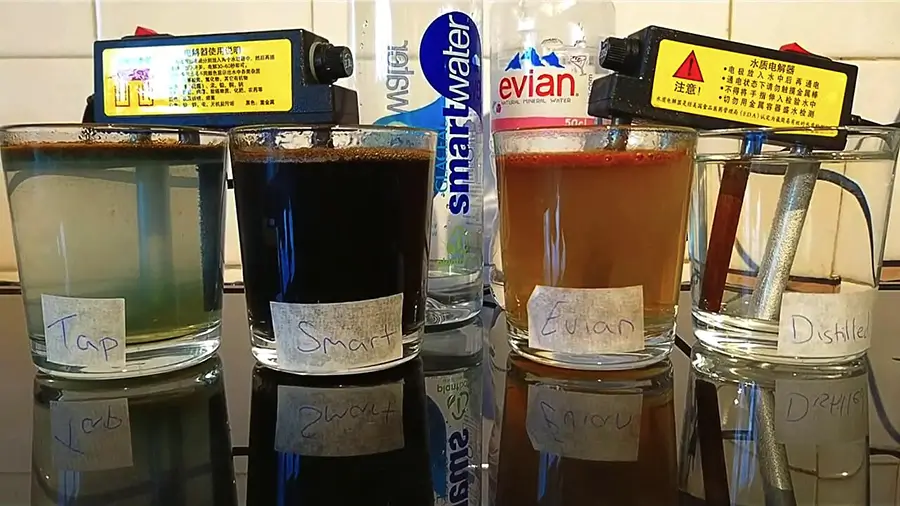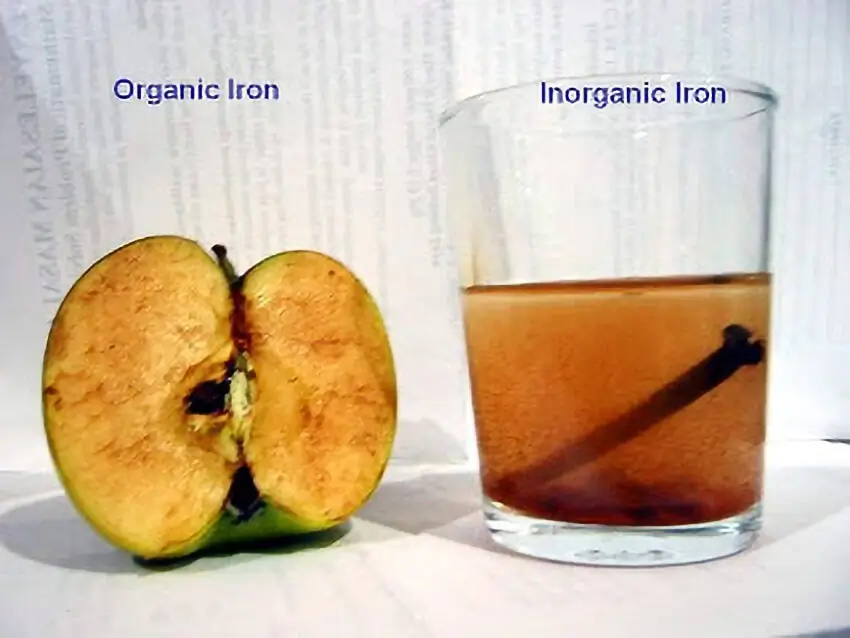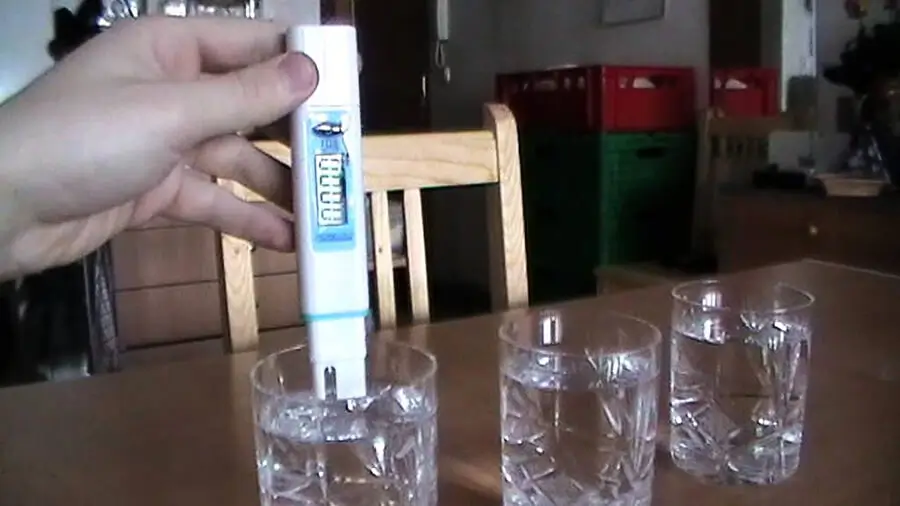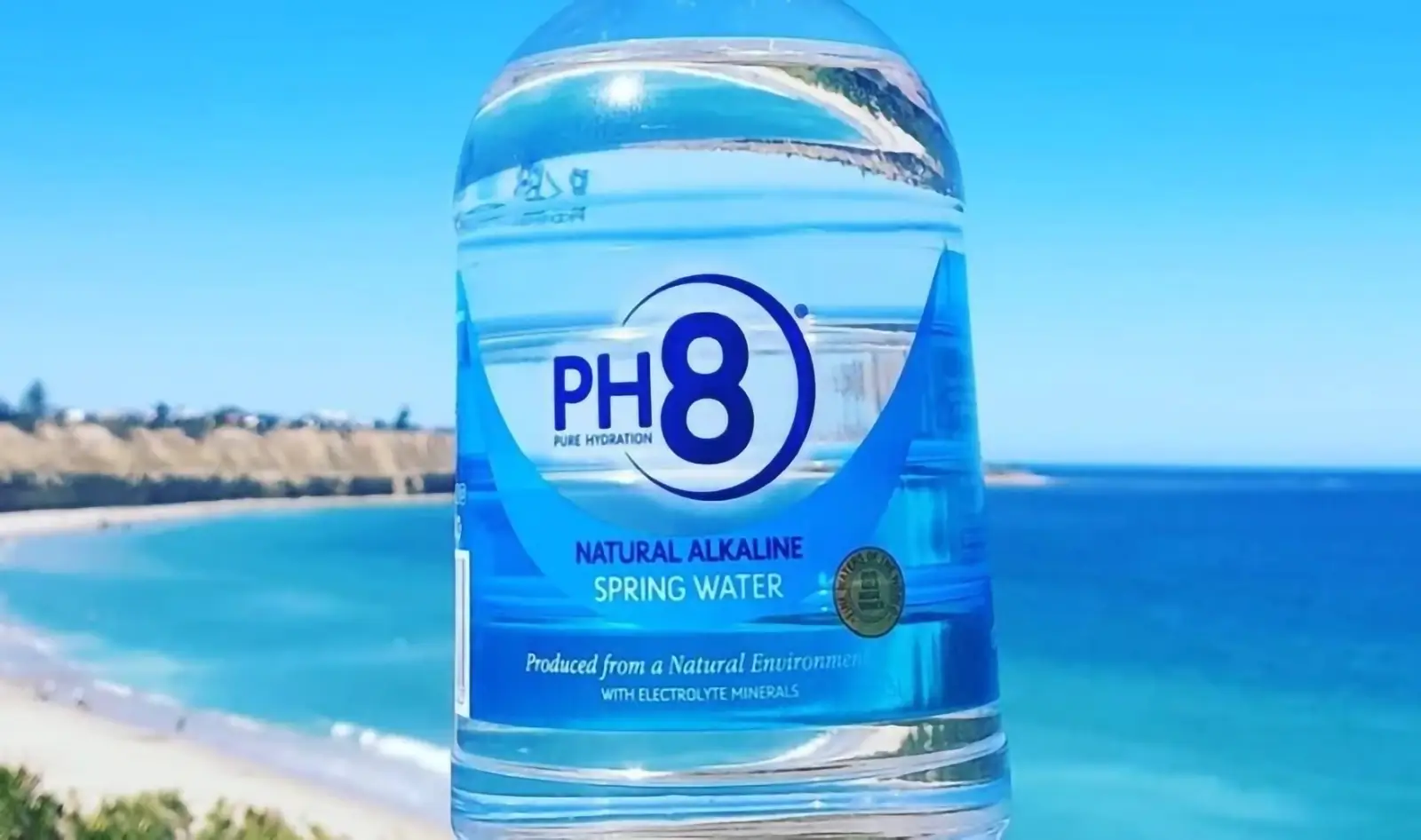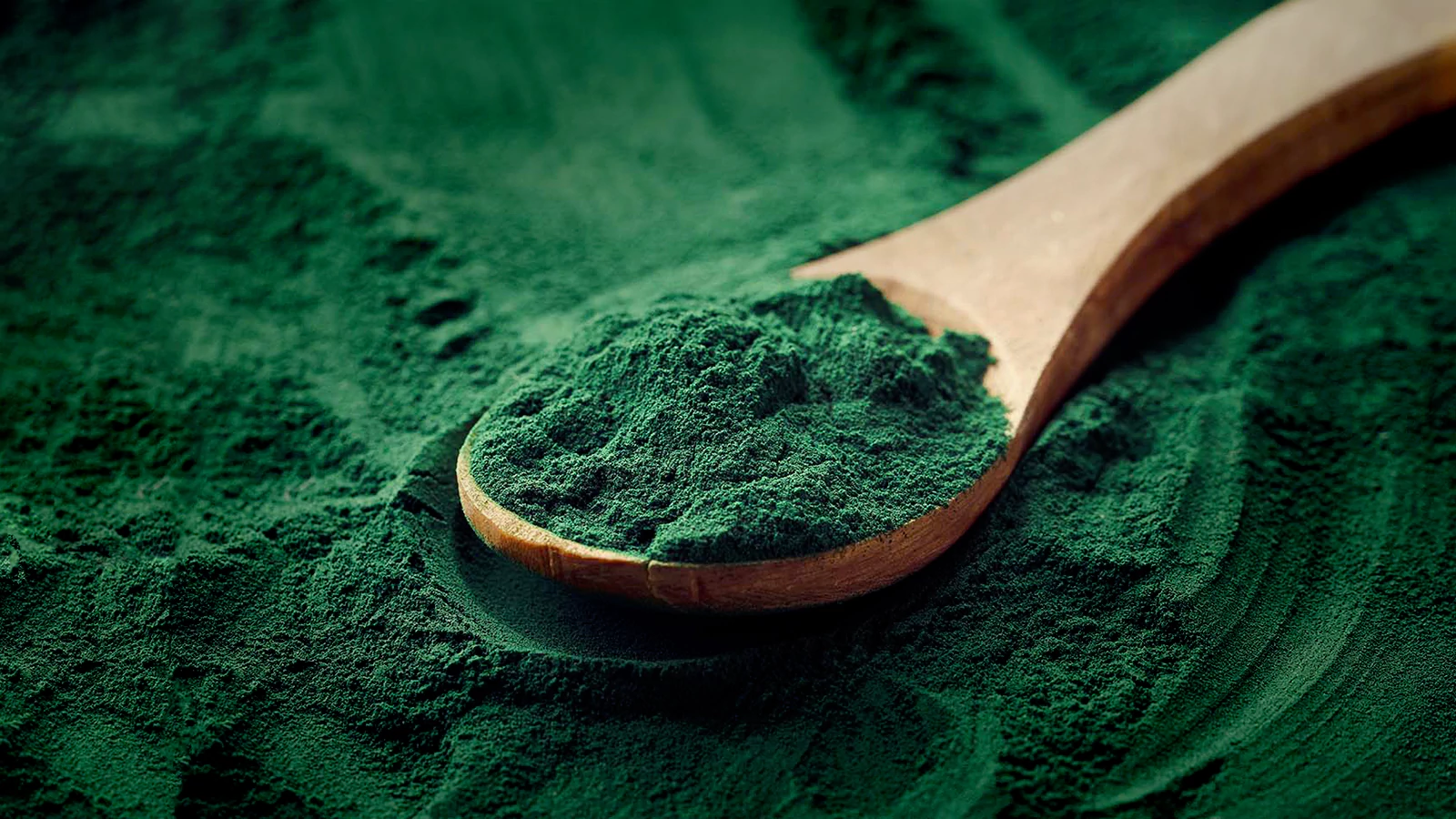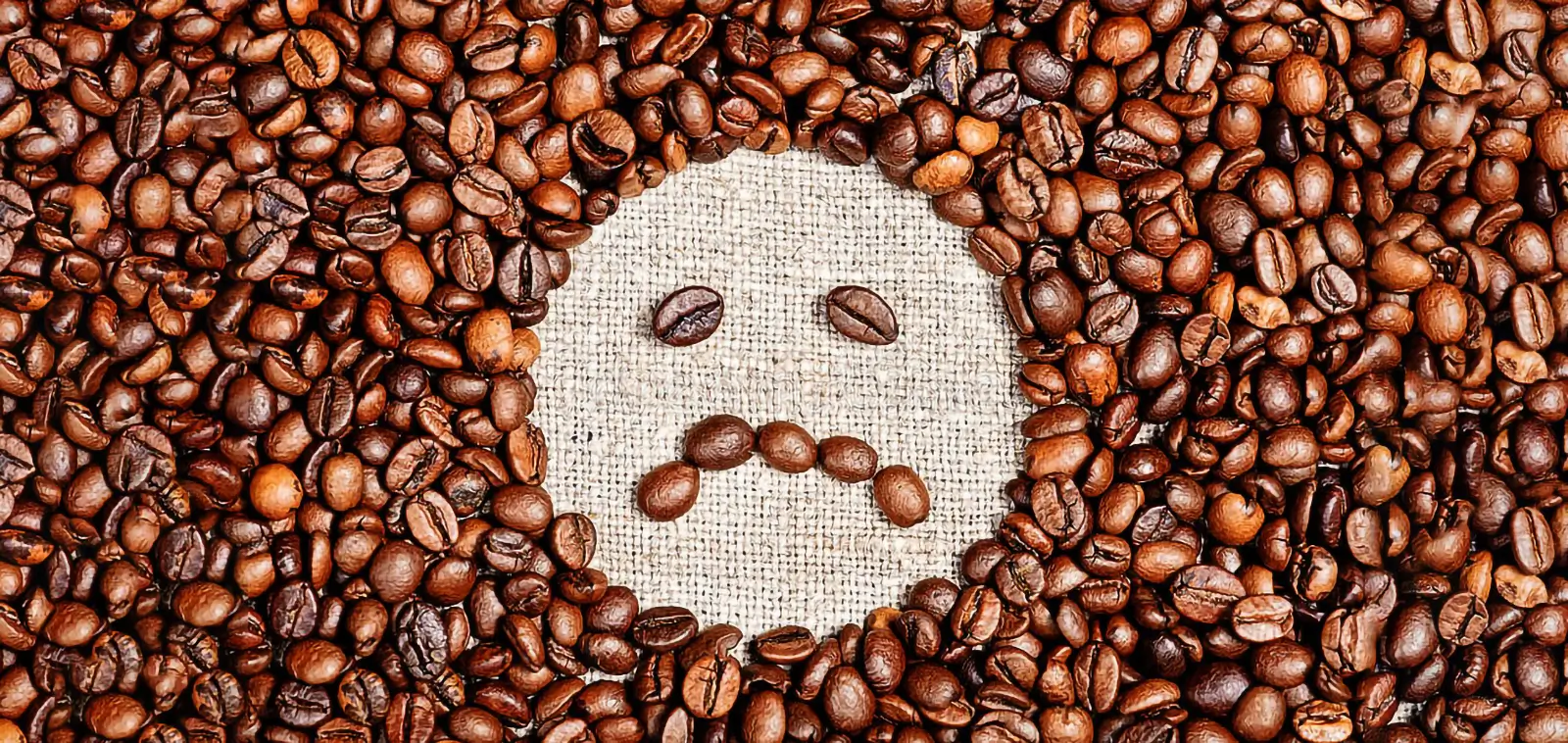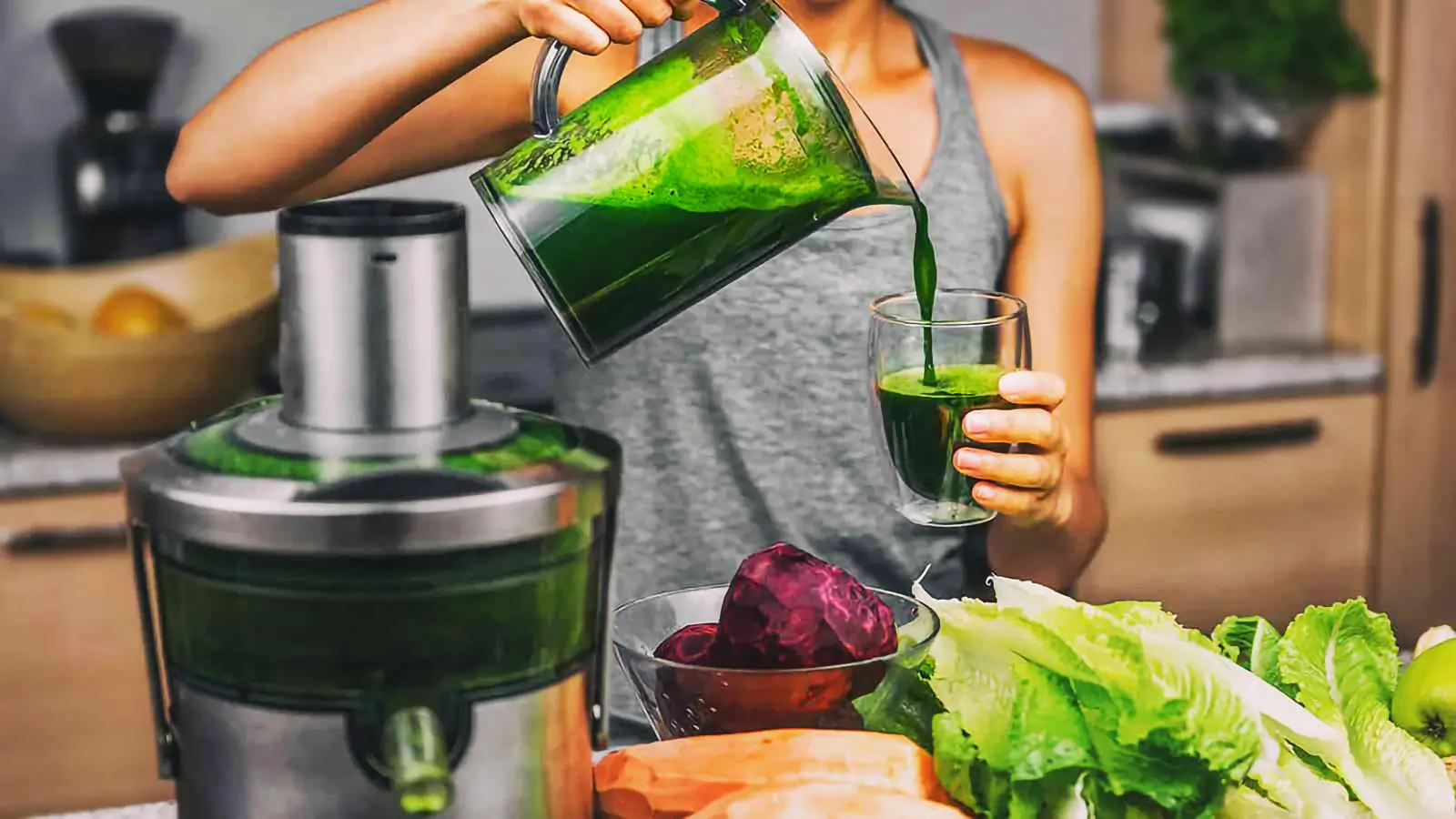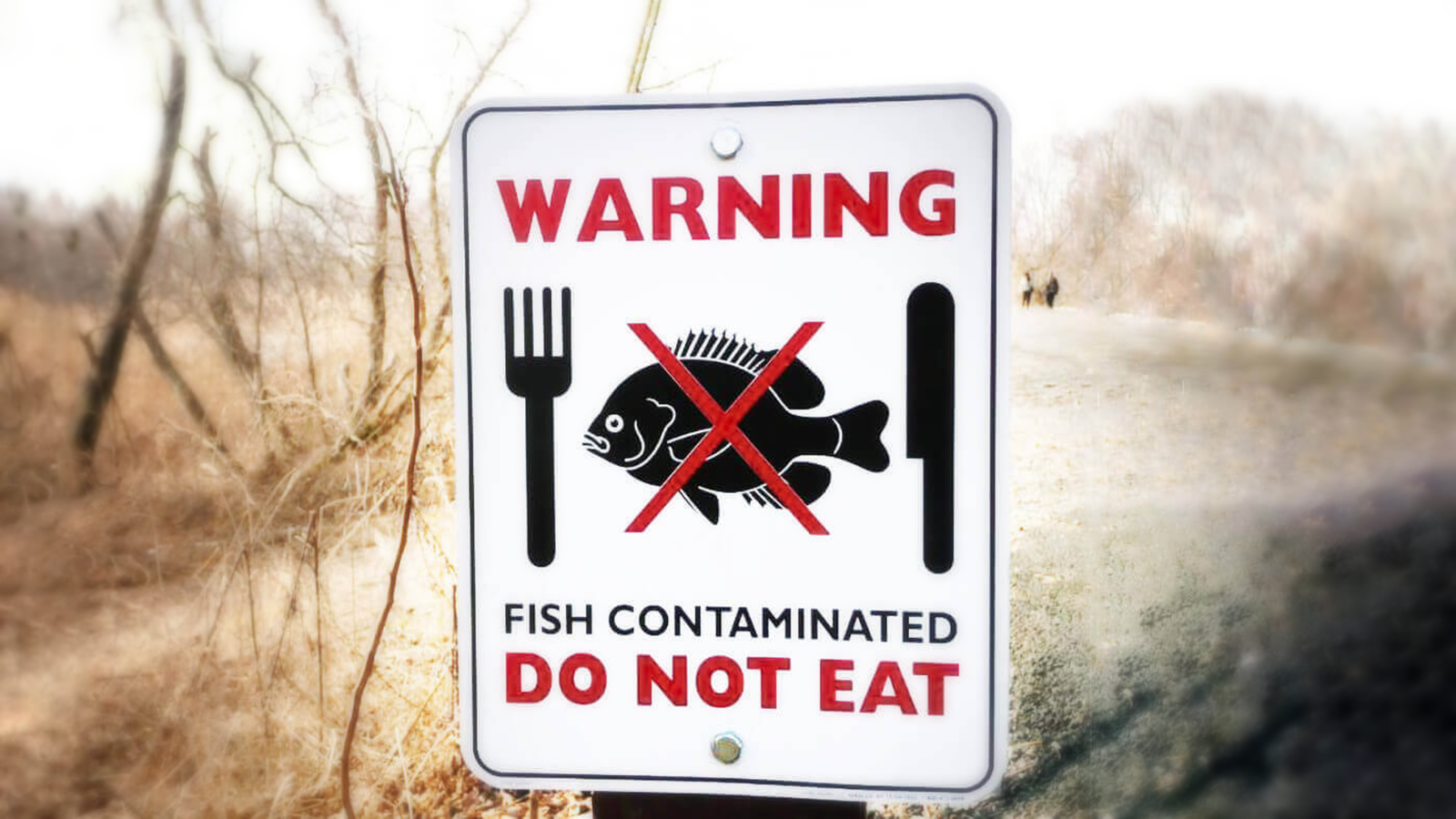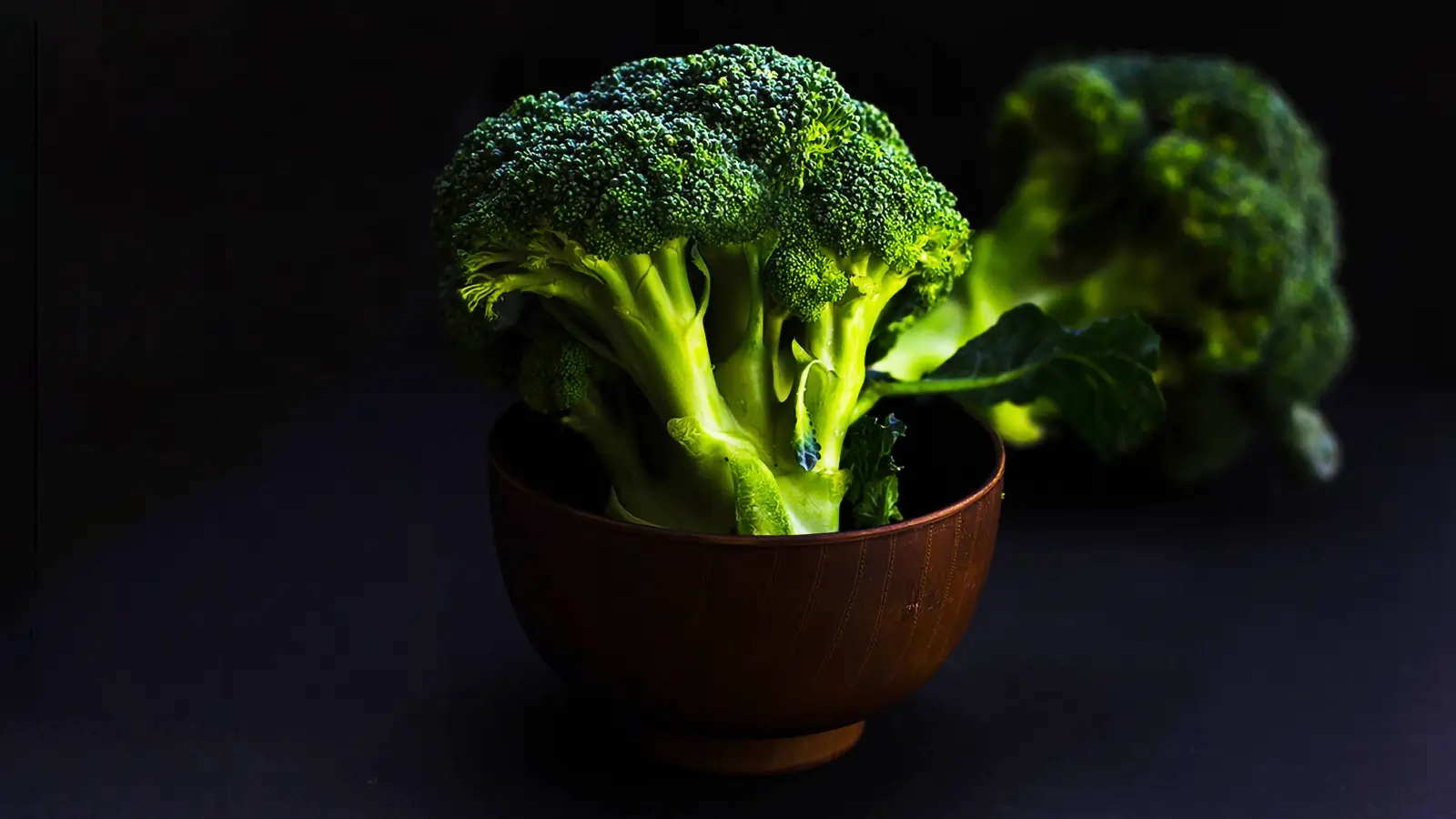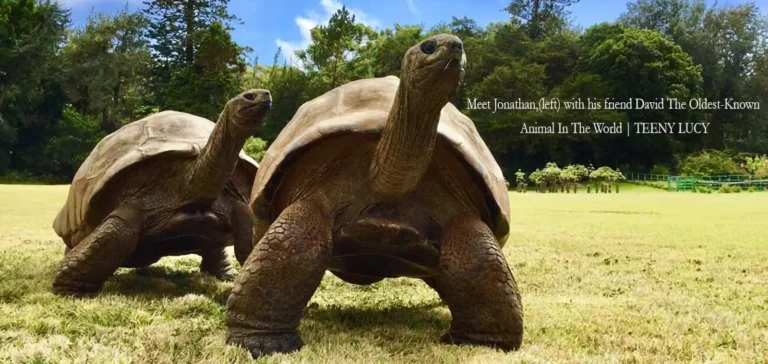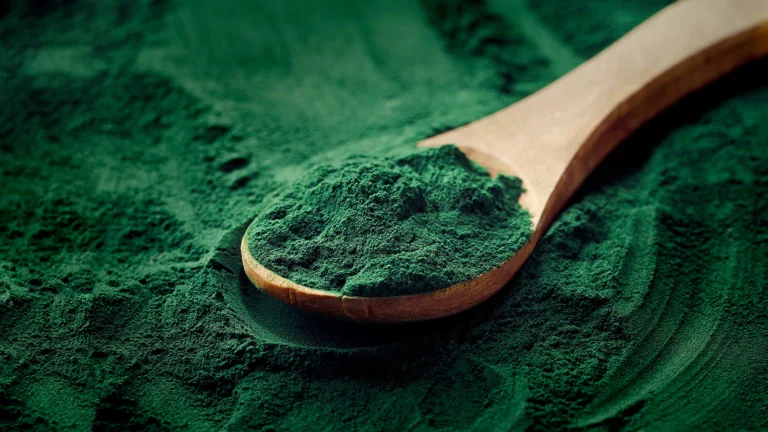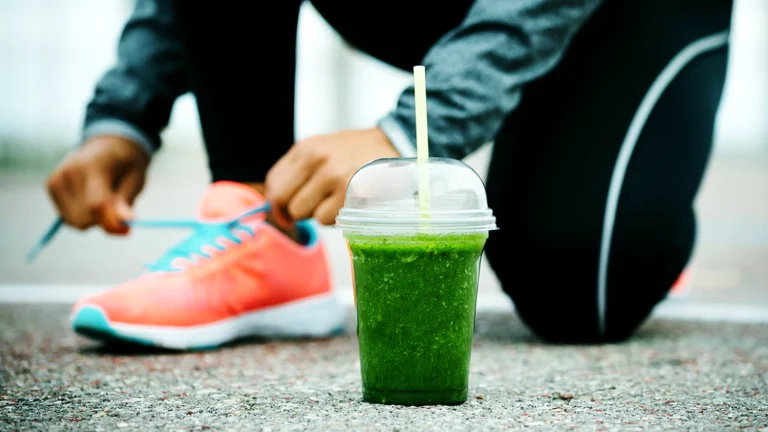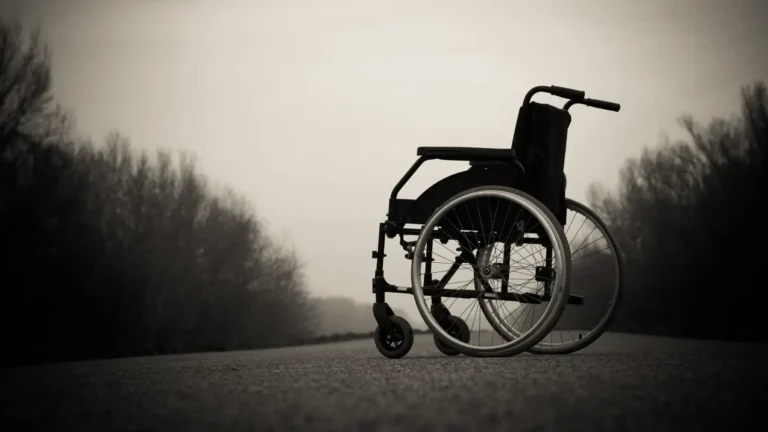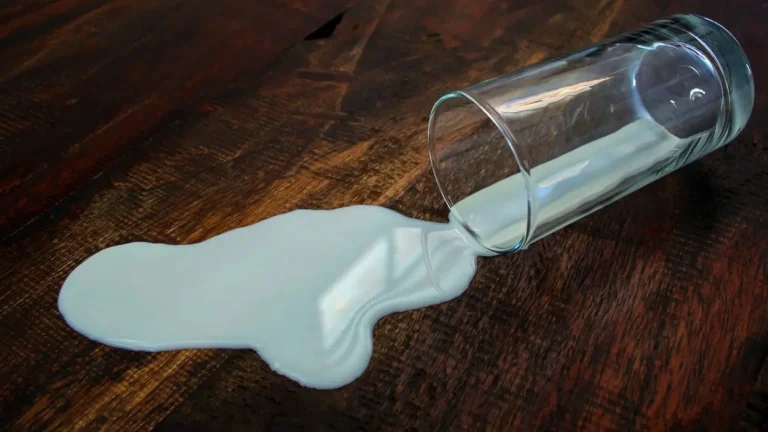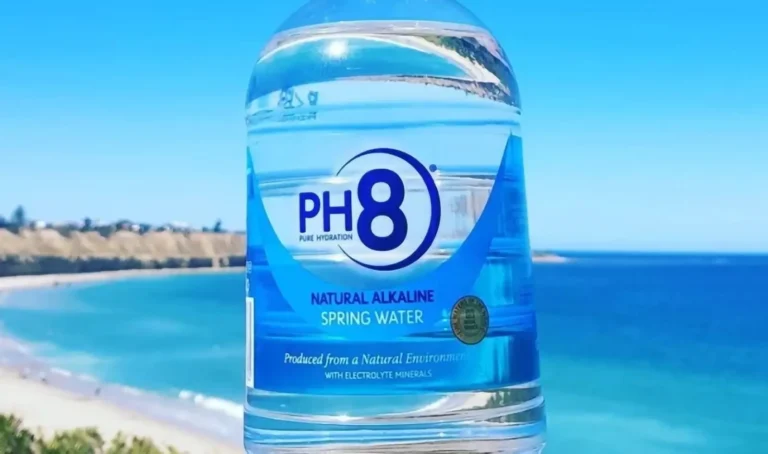Distilled Water for Drinking- Detoxification Aid or a Deadly Poison?
There is much misinformation about the detoxifying properties of water and distilled water in particular. What science has to say about it?
Milos Pokimica
Written By: Milos Pokimica
Medically Reviewed by: Dr. Xiùying Wáng, M.D.
Updated August 4, 2023There is much misinformation about the detoxifying properties of water and distilled water in particular. Dealing with demineralized water can have adverse effects too. It is not something average people should do if they do not completely understand the entirety of the process first. How many people know that distilled water does not conduct electricity? It even has a different magnetic charge potential than hard water and it is exactly this magnetic charge that can help to some extent with the elimination of toxic substances but the most important issue is not the detoxifying properties of demineralized water. It is, but it is also avoiding all of the toxic load that comes along with regular polluted water. Water purification is a big business.
Also, it is not unnatural. All clouds in the world are distilled water. Rain and snow too. It is not some chemical produced in the lab like Coca-Cola. It is just pure water H2O without anything else in it.
In the human body water functions as a solvent and a medium for the transport of nutrients. It is also a transport mechanism for waste products. It regulates body temperature, lubricants the joints, and has many other biochemical reactions. It is the water, only water H2O not any other dissolved and suspended minerals that do any of these functions. It is just water.
When water is low in TDS (total dissolved solids) that means that it has not too many dissolved minerals in it. If water is distilled, that means that it does not have anything in there but H2O. Total dissolved solids in distilled water are zero. It also has different electrical charge properties that make distilled water unique in that manner that it has the capability to attract inorganic minerals and toxins just by itself.
Distilled water wants to saturate itself sort of speak, and that is a property that can be wary useful if you want to detoxify yourself. It is believed that distilled water can help the detoxification process by washing out excess inorganic minerals and toxins from deposits and other parts of the body.
There is a big difference between inorganic and organic minerals. Realistically, minerals are just inorganic metals, so it makes no difference where you get your minerals. The most important factor when we talk about organic vs. inorganic minerals is not composition, it is the same metal, but it is the size and the form they are in. A plant takes the artificial, inorganic minerals from the soil where it is growing that are big chunks of metal if you like that analogy. When plants take up inorganic minerals from the ground by the roots then they synthesize them, or if you like break them down into a molecular size and forms that are small enough to do regular biological functions in living matter.
Mineral water that comes from the stream is saturated with inorganic molecules. The size of these minerals is not small enough for us to do biological functions so we call them inorganic, not because they are some other molecular substance but just because the size of the molecule is too big. Think of it this way, in mineral water coming from the streams there are also small chunks or rocks that water breaks off, but you cannot see them with the naked eye. They are small but not small enough, at least not small enough to be used as an organic form of minerals.
There is only one way that the human digestive system can break down larger tightly bound minerals into usable ions, and that is with stomach acid. The food transit time through the stomach is about one hour. If the inorganic mineral ion is not ionized during this small amount of time and the mineral moves from the high-acid environment of the stomach no further beneficial breakdown will take place in the small intestines. All further break down ceases. If the inorganic mineral compound is already relatively small like from deep spring water, it might get degraded to smaller monoatomic scale particles by the acid in the stomach and be bioavailable. Once minerals left the acidic environment of the stomach the remainder of the non-ionized minerals are of no use to us and are in no way available to do any biological functions inside our body except negative ones. Usually, they will just pass through our GI tract unusable. But If you ingest big chunks of metals called inorganic minerals they might end up in the bloodstream in small quantities. However, they can pass into the bloodstream in large quantities if you have a leaky gut or inflammation in the intestines.
They will not be small enough to integrate into cells or do any other biological function and will create deposits in the body if the body does not remove them.
There is unproven speculation that you will even receive from your regular MD that distilled water is dangerous for your health because it would leech minerals out of the body and can cause some mineral deficiencies.
Speculation is that absorbing extremely purified water, treated by distillation, reverse osmosis, or deionization, leaches minerals from the body.
Because there are minerals in the water in the first place drinking distilled water will make problems in the same manner as removing for example husk from the wheat with all of its minerals and eating just refined flour. They say that minerals in water are a necessary part of our mineral absorption. There were some Russian studies done on this topic and are available through the World Health Organization. The summary was that fluid and electrolytes are better replaced with water containing a minimum of 100 mg/L of TDS. However, this only has relevance in specific situations where the human body was exposed to heavy exertion and sweating. It is the market for sports drinks and there is only one substance glucose, regular sugar, that was added to help muscles to replenish the loss of glycogen quickly and to promote more energy in prolonged exercise. Low TDS or demineralized water has nothing to do with it, and for everyday drinking and cooking purposes, it is the best choice. The body has the mechanisms to regulate within very narrow limits the concentrations of minerals (ions) and water as well in all cells and all organs in the body.
The organ that is most responsible for mineral balancing is the kidneys. They maintain ion concentrations and not just sodium and potassium and calcium but most of the minerals in the normal range during a process of elimination and reabsorption.
There is a process called osmosis or osmotic pressure. When sodium ions outside of the cell and potassium ions inside of the cell are out of balance, then the osmotic pressure is out of balance. That will cause the water to flow across the cell membrane to neutralize the difference in osmotic pressure. Any changes that can happen in a reasonable range of concentration of ions is adjusted in a couple of seconds because water moves quickly through cell membranes. Drinking distilled water (0 to 100 mg/L TDS) has nothing to do with it. If any changes occur in the body, it will be rapidly brought to equilibrium with absolutely no consequence. It is the kidneys that in reality control the overall concentration of the constituents of body fluids and not some minuscule amounts of inorganic minerals in tap water. Kidneys on average men filter about 180 liters of water per day. Over 99% is reabsorbed to the bloodstream, and only 1.0 to 1.5 liters are eliminated as urine. If you drink distilled low ion concentration TDS water, nervous and hormonal feedback mechanisms will cause the kidneys to eliminate extra water that is not needed and thus maintain the ion concentration in the body fluid to normal values. The opposite is also true. If the ion concentration in the fluid to be filtered is higher than normal, the kidney’s homeostatic mechanism will keep fluid osmolality normal by retaining water.
That is why you bloat when eating too much salt and too little potassium. It is not the sodium that is a problem. It is unopposed sodium because there is a lack of potassium in the body. When a healthy person drinks low TDS water, it should not cause any health issues.
Significant nutritional deficiencies might cause a leaching problem in the long run, which is what MD will argue.
How much of consuming one to two liters of low TDS water on a daily basis cause a leaching problem in reality? We will have to look into this in more detail.
If we count all of the minerals in spring water as organic, they will not be able to compound to more than a couple of percent of the total minerals digested. Usually, minerals should come from food, not from water. Drinking pure, pristine spring water from the unpolluted earth of the past it would not be a problem. Now it is. And distilled water may have some benefits too. WHO had done experiments on volunteers. Results showed that when people start to drink distilled water, the increased diuresis happens with 20% more body water volume, and also serum sodium concentrations decrease. So you excrete more water and lose some sodium. The second thing that was observed was the decrease in potassium serum concentration. To sum it up, drinking distilled water increase the elimination of sodium, potassium, chloride, calcium, and magnesium ions from the body. Distilled water interacts with another gastrointestinal tract by osmoreceptors, causing an enhanced movement of sodium ions into the intestinal lumen. This will then cause a slight reduction in osmotic pressure in the blood with the following enhanced discharge of sodium into the blood as an adaptation response. In response volume receptors in the bloodstream are activated, inducing an increase in sodium elimination. Now, this will not be a problem in nature, but especially now it is not because we have our salt shaker on every table and this can be actually beneficial depending on how much salt you eat and how much distilled water you drink.
There is one other real issue with demineralized water, and that is why I said you need to know what you are doing. When used for cooking, soft water was found to leech a substantial amount of minerals out of food no matter what that food is. In some cases, losses can reach up to 60 to 90 percent. Numbers for calcium and magnesium are about 60 percent, manganese 70 %, copper 66 %, cobalt 86 %, and so on. This can represent a problem because if you cook with soft or distilled water and then throw away that water, you are going to lose much of your nutrition.
That is why you do not cook with it if the water that is used for cooking is not going to be consumed. When you soak beans, for example, use regular water. When you cook beans use regular water or when you cook anything that is going to be rinsed after using regular water.
In contrast, distilled water’s capability to leech nutrients from food is turned into a positive thing if you are going to drink that water. When we eat, we do not absorb all of the nutrients that are in the food. We absorbed some of them, but some of them are not absorbed. It is what we absorbed not what we eat sort of a thing. So using soft or distilled water can help us to absorb more from the food. For example, use it to make tea. Or when I want to make soup or some other dish, I use distilled water because it will leach from the food and help me get more from the same food than regular water and I know it would not have all the polluting chemicals in there. When I eat that soup or drink tea, it is not distilled water anymore. If I want to make soy milk, for example, I am going to use the knowledge of water to my benefit by soaking the beans in regular water and then cooking the beans in regular water that will not leach much of the nutrients from the beans. However, then when I want to blend them into the milk, I will rinse the beans and use distilled water for blending because I want to leech most of the nutrients from the beans to make the milk. So again you need to know what you are doing. I personally don’t drink much water because I drink a lot of vegetable juices throughout the day and I eat a lot of fruits that are mostly water and plus all the water from cooked meals, so I do not have a leaching problem. I like the cleanness and leaching potential of distilled water for detoxification, but again I will drink no more than maybe a glass or two in the day. If you drink 2 liters of water because you do not eat fruit or vegetables and don’t eat cooked meals and are already potassium deficient like 98% of Americans and then go on a diet with gallons of detoxifying distilled water you might get into a more deficient state then the one you are already in. So again I cannot tell you to drink or not to drink it, it is a more complex issue, and you need to do your own research based on the quality of the mineral content of your diet.
Why I drink and cook with it is precisely because of its potential to leach toxins and inorganic minerals out, and regular minerals I get from food or even sometimes from supplements depending on my diet. I usually take iodine and some organic trace minerals solution from time to time. One more thing about leeching minerals. It will not leach any minerals that have already become integrated into the cells. It collects only minerals that have already been rejected or excreted by the cells. Mostly inorganic minerals will be removed. They have a different electrical charge than organic ones and are themselves attracted to the distilled water by the charge. Distilled water will not leach minerals from your tissue cells. I do periodic blood testing to see the levels of electrolytes and other minerals, and I never had a problem.
And one more thing that is important. Some chemicals are not water-soluble. This form of fat-soluble toxins the body cannot eliminate through urine. It must be eliminated through the fiber in the intestines. Fiber is our natural detoxifier for fat-soluble chemicals. Detoxifying without fiber is not complete. The best thing to detoxify is something that has distilled water, all the minerals and vitamins, and fiber. So you can try to do distilled water fasting with psyllium husk and organic mineral solution or just eat a lot of raw organic vegetables and keep in mind that detoxification also depends on the half-life of the substances you have already ingested. Distillation does not remove all of the toxins also. Toxins that can be turned into vapor below 100 degrees Celsius will be distilled with the water. These are usually some of the pesticides. They can be removed and often home distillatory devices have secondary filters made from carbon just because of this. Also, radioactive particles will not vaporize because they have a higher boiling temperature than water. For people who live in the Fukushima area and for all preppers out there to know that when nuclear winter comes you can distill the water and it will lose all of the radioactivity.
References:
Passages selected from a book: Pokimica, Milos. Go Vegan? Review of Science Part 1. Kindle ed., Amazon, 2018.
Related Posts
Do you have any questions about nutrition and health?
I would love to hear from you and answer them in my next post. I appreciate your input and opinion and I look forward to hearing from you soon. I also invite you to follow us on Facebook, Instagram, and Pinterest for more diet, nutrition, and health content. You can leave a comment there and connect with other health enthusiasts, share your tips and experiences, and get support and encouragement from our team and community.
I hope that this post was informative and enjoyable for you and that you are prepared to apply the insights you learned. If you found this post helpful, please share it with your friends and family who might also benefit from it. You never know who might need some guidance and support on their health journey.
– You Might Also Like –

Learn About Nutrition
Milos Pokimica is a doctor of natural medicine, clinical nutritionist, medical health and nutrition writer, and nutritional science advisor. Author of the book series Go Vegan? Review of Science, he also operates the natural health website GoVeganWay.com
Medical Disclaimer
GoVeganWay.com brings you reviews of the latest nutrition and health-related research. The information provided represents the personal opinion of the author and is not intended nor implied to be a substitute for professional medical advice, diagnosis, or treatment. The information provided is for informational purposes only and is not intended to serve as a substitute for the consultation, diagnosis, and/or medical treatment of a qualified physician or healthcare provider.NEVER DISREGARD PROFESSIONAL MEDICAL ADVICE OR DELAY SEEKING MEDICAL TREATMENT BECAUSE OF SOMETHING YOU HAVE READ ON OR ACCESSED THROUGH GoVeganWay.com
NEVER APPLY ANY LIFESTYLE CHANGES OR ANY CHANGES AT ALL AS A CONSEQUENCE OF SOMETHING YOU HAVE READ IN GoVeganWay.com BEFORE CONSULTING LICENCED MEDICAL PRACTITIONER.
In the event of a medical emergency, call a doctor or 911 immediately. GoVeganWay.com does not recommend or endorse any specific groups, organizations, tests, physicians, products, procedures, opinions, or other information that may be mentioned inside.
Editor Picks –
Milos Pokimica is a doctor of natural medicine, clinical nutritionist, medical health and nutrition writer, and nutritional science advisor. Author of the book series Go Vegan? Review of Science, he also operates the natural health website GoVeganWay.com
Latest Articles –
Plant Based News
-
Protein Found In Meat Linked To Increased Risk Of Arthritis
on April 12, 2024
-
Try This Easy Quinoa And Edamame Salad
on April 12, 2024
-
Switzerland’s Inaction On Climate Crisis Breaches Human Rights, Says Landmark Court Case
on April 12, 2024
-
Eat At Least 75% Plant-Based Foods, Say Germany’s New Dietary Guidelines
on April 12, 2024
-
Don’t Believe The Myths: The Horse Racing Industry Is Rotten To Its Core
on April 12, 2024
-
South Africa Rules That Vegan Meat Cannot Be Seized From Supermarket Shelves
on April 11, 2024
-
Kale Is One Of The Best Foods We Can Eat – 10 Recipes To Try
on April 11, 2024
Top Health News — ScienceDaily
- Inherited predisposition for higher muscle strength may protect against common morbiditieson April 12, 2024
A study showed that a genetic predisposition for higher muscle strength predicts a longer lifespan and a lower risk for developing common diseases. This is a highly comprehensive international study on hereditary muscle strength and its relationship to morbidity. The genome and health data of more than 340,000 Finns was used in the research.
- A novel machine learning model for the characterization of material surfaceson April 12, 2024
Machine learning (ML) enables the accurate and efficient computation of fundamental electronic properties of binary and ternary oxide surfaces, as shown by scientists. Their ML-based model could be extended to other compounds and properties. The present research findings can aid in the screening of surface properties of materials as well as in the development of functional materials.
- Scientists uncover a missing link between poor diet and higher cancer riskon April 12, 2024
A research team has unearthed new findings which may help explain the connection between cancer risk and poor diet, as well as common diseases like diabetes, which arise from poor diet. The insights gained from this study hold promise for advancing cancer prevention strategies aimed at promoting healthy aging.
- PFAS exposure from high seafood diets may be underestimatedon April 12, 2024
A study suggests that people with diets high in seafood may face a greater risk of exposure to PFAS — the family of human-made toxins known as ‘forever chemicals’ — than previously thought. The researchers stress the need for more stringent public health guidelines that establish how much seafood people can safely consume to limit their exposure, particularly in coastal areas where seafood is frequently eaten.
- Choosing sugary drinks over fruit juice for toddlers linked to risk of adult obesityon April 12, 2024
Consuming sugar-sweetened drinks in the first few years of childhood can be linked to poor diet patterns that increase the risk of obesity in later life, according to a new study.
- Melanomas resist drugs by ‘breaking’ geneson April 12, 2024
A study has disentangled the mechanisms behind one of the ways melanoma cancer cells develop resistance to treatment. The study found that, in response to some drugs, melanomas can ‘break’ parts of their BRAF gene, which is mutated in 1 in 2 melanomas. This helps the tumor create alternative versions of the protein which lack regions targeted by one BRAF inhibitors, one of the main drugs used to treat this type of cancer, making treatment less effective. The findings pave the way for […]
- Cells putting on a faceon April 12, 2024
Neural crest cells — embryonic pluripotent cells within the facial primordium — may be necessary for forming proper animal facial structures. Researchers have produced neural crest cell-rich aggregates from human pluripotent stem cells and developed a method to differentiate them in cell populations with a branchial arch-like gene expression pattern.
PubMed, #vegan-diet –
- Changes in the consumption of isoflavones, omega-6, and omega-3 fatty acids in women with metastatic breast cancer adopting a whole-food, plant-based diet: post-hoc analysis of nutrient intake data…on April 5, 2024
CONCLUSION: Transitioning to a WFPB diet resulted in significantly increased isoflavone intake and decreased n-6:n-3 ratio in women with breast cancer.
- A whole food, plant-based randomized controlled trial in metastatic breast cancer: feasibility, nutrient, and patient-reported outcomeson March 30, 2024
CONCLUSIONS: Significant dietary changes in this population are feasible and may improve QOL by improving treatment-related symptoms. Additional study is warranted.
- Restrictive Diets in Patients with Fibromyalgia: State of the Arton March 28, 2024
Around 20-30% of Fibromyalgia patients modify their dietary habits after diagnosis, including avoiding certain food groups such as cereals. In this systematic review, we used the PRISMA guidelines to select the main studies that have evaluated the effectiveness of restrictive diets, including elimination and vegetarian diets, in patients with Fibromyalgia. Data on vegetarian/vegan diets are more consistent than data on elimination diets due to higher quality and better results of the […]
- Dietary Intakes of Long-Chain Polyunsaturated Fatty Acids and Impulsivity: Comparing Non-Restricted, Vegetarian, and Vegan Dietson March 28, 2024
CONCLUSIONS: The significantly lower omega-3 LCPUFA dietary intakes in the vegan diets were associated with higher scores in the second-order attentional aspect of self-reported impulsiveness.
- Impact of iodine supply in infancy and childhoodon March 28, 2024
PURPOSE OF REVIEW: To assess the most relevant articles on the impact of iodine supply in at-risk populations, namely infants and young children, pregnant and lactating women.
Random Posts –
Featured Posts –

Latest from PubMed, #plant-based diet –
- Fruit Quality Assessment of Novel Hybrid Pummelo × Sweet Orange and Its Molecular Characterization Using Acidity Specific Markersby Raushan Kumar on April 11, 2024
RESEARCH BACKGROUND: There is considerable diversity in newly developed pummelo × sweet orange citrus hybrids. Most hybrids showed lower peel thickness and high juice yield but there is a lack of information on fruit quality parameters and molecular characterization. Therefore, the aim of the current study is to determine the content of antioxidants and properties of the fresh juice of 24 new pummelo × sweet orange citrus hybrids (Citrus maxima [Burm. f.] Osbeck × Citrus sinensis [L.] […]
- Environmental conditions affect the nutritive value and alkaloid profiles of Lupinus forage: Opportunities and threats for sustainable ruminant systemsby Ana R J Cabrita on April 10, 2024
The identification of crops that simultaneously contribute to the global protein supply and mitigate the effects of climate change is an urgent matter. Lupins are well adapted to nutrient-poor or contaminated soils, tolerate various abiotic stresses, and present relevant traits for acting as ecosystem engineers. Lupins are best studied for their seeds, but their full foraging potential needs further evaluation. This study evaluated the effects of location and sowing date on forage production,…
- Stronger together than apart: The role of social support in adopting a healthy plant-based eating patternby Robin Ortiz on April 10, 2024
The influence of the social environment on health behaviors is well documented. In recent years, there is mounting evidence of the health benefits of a plant-based eating pattern, yet little is known about how the social environment impacts the adoption of a plant-based eating pattern, specifically. In this convergent parallel mixed-methods study, we analyzed quantitative survey data and qualitative focus group data to assess how social support impacted participants of a lifestyle medicine…
- Simultaneous detection of mycotoxins and pesticides in human urine samples: A 24-h diet intervention study comparing conventional and organic diets in Spainby Jose A Gallardo-Ramos on April 10, 2024
Pesticides and mycotoxins, prominent chemical hazards in the food chain, are commonly found in plant-based foods, contributing to their pervasive presence in the human body, as evidenced by biomonitoring programs. Despite this, there is limited knowledge about their co-occurrence patterns. While intervention studies have demonstrated that organic diets can significantly reduce pesticide levels, their impact on mycotoxin exposure has been overlooked. To address this gap, this study pursued two…
- Plant-based meat analogues (PBMAs) and their effects on cardiometabolic health: An 8-week randomized controlled trial comparing PBMAs with their corresponding animal-based foodsby Darel Wee Kiat Toh on April 10, 2024
CONCLUSIONS: A plant-based meat analogues diet did not show widespread cardiometabolic health benefits compared with omnivorous diets over 8 weeks. The composition of PBMAs may need to be considered in future trials.
- Adherence to the Mediterranean diet in two Moroccan populations living at different distances from the Mediterranean Seaby Mohamed Mziwira on April 8, 2024
CONCLUSION: The study data indicate that Mediterranean Diet is far from being a global pattern in this Moroccan population. The study draws attention to the need for a promoting intervention to maintain this pattern as the original diet in the region.
